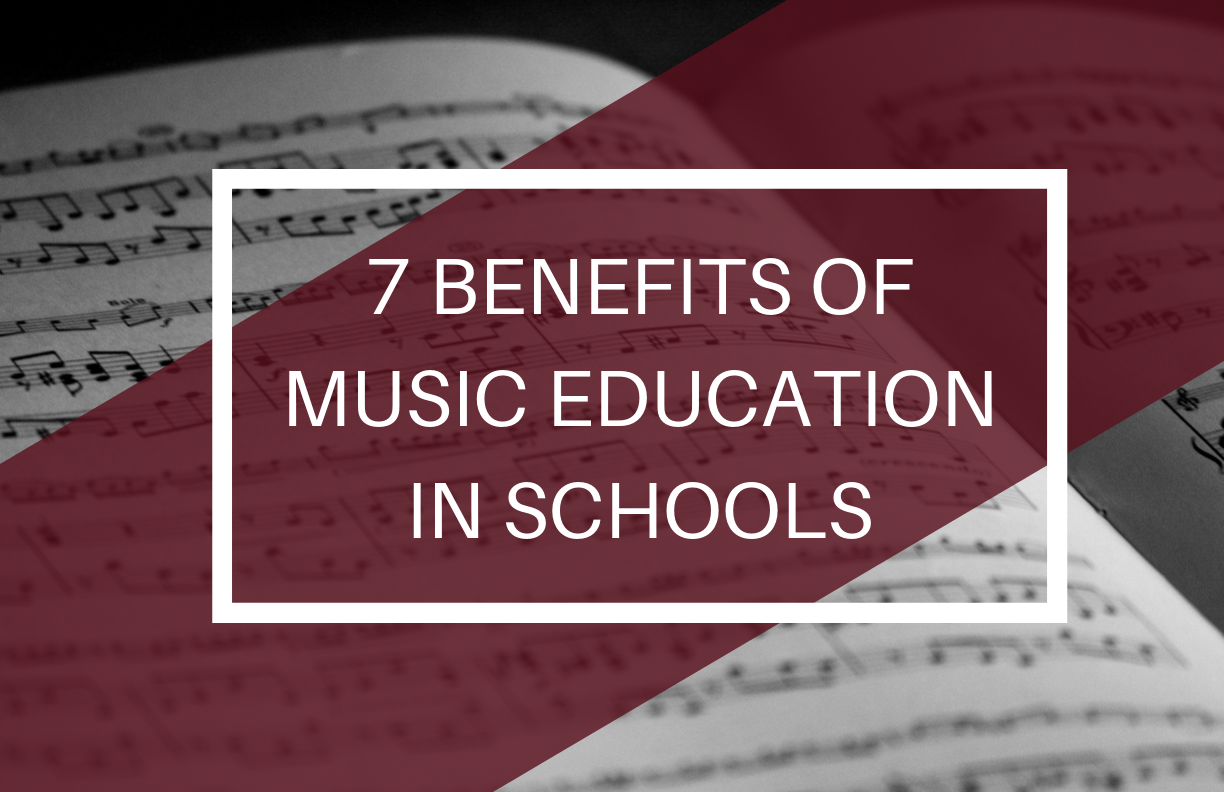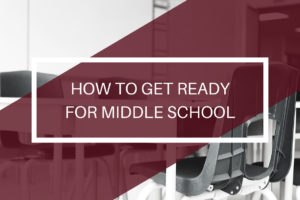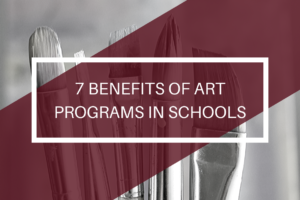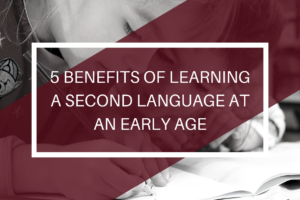7 Music Benefits of Music Education in Schools
Who doesn’t love to listen to good music? Surprisingly, music and other art programs are getting scrapped off the school curriculum as more and more schools experience budget cuts.
Nonetheless, some consider this a grave mistake. Music education is not only a fun activity for students, but it also teaches them life skills they will carry with them throughout their lives. That’s why we’ve compiled a list of six benefits of music education in schools!
The Benefits of Music Education in Schools
1. Help Develop Language Skills
Music is one of the few activities people can participate in that use the whole brain. In fact, studies show that listening to music at an early age helps children acquire language, improves memory, and enhances communication! Children who grow up listening to music create strong connections in the brain that strengthen their language skills. Likewise, when children are exposed to music education in schools, they will perform better in their reading, writing, and communications classes.
2. Improve Performance in Other Subjects
As mentioned, music aids brain development in children and can even improve memory. Studies show that simply listening to music while studying can improve grades. But how much more can a quality music education program have on the performance of students in other subjects?
A study conducted by the Arts Educational Partnership showed that children who engaged in a music program in school received better grades overall than children who did not engage in music classes! The better the music education program, the more improved the overall academic performance will be.
3. Increase Students’ Self-Esteem
Music education allows students to learn something new in creative ways. As they master these new skills, they can grow in confidence. In fact, studies have shown that music classes improve the self-esteem of children and prevented a decline in self-esteem in students. How does it improve self-esteem in children?
As mentioned in the last two sections, music can improve cognitive function in children, help them perform better in other subjects, and help them communicate better. When children start getting better grades and are more socially adept, their confidence will soar. Additionally, when children learn an instrument, they no doubt feel a sense of accomplishment. As they feel good about themselves, they will ultimately gain self-esteem.
4. Develop Listening Skills
In music education, the student must listen and learn before s/he can master his/her art. For example, the student will have to get his/her voice or instrument in sync with the tempo, harmony, tune, and overall dynamics of a song before playing. Because of this, music education can help students with auditory development.
In the end, music teaches children patience as they learn to listen to instruction and assimilate to sounds around them.
5. Relieves Stress
Most adults think that young people don’t suffer from stress. However, reports show that students suffer just as much stress as adults. In fact, 72% of children express negative behaviors linked to stress. Music has been scientifically proven to be a stress reliever. Moreover, playing music is a form of self-expression. As children facilitate their stress and anxiety through creativity, they are less likely to express negative behaviors linked to stress.
6. Develop Math Skills
Believe it or not, learning how to read music involves math. Students learn quarter, half, and whole notes when reading music, which are all fractions. Additionally, to successfully play music, children must keep track of the notes and rest counts. Furthermore, music education helps students to methodically and logically work their way through rhythms and musical pieces. In the end, whether children realize it or not, music can make learning math easier.
7. Support Creative Thinking
With an array of music genres, there is a type of music for everyone! Students can experiment with different tempos, harmonies, and beats to create their style of music. This application of creative thinking gives students a healthy outlet for imaginative ideas. In addition, it encourages students to experiment and innovate.
Enroll Your Child in a School with a Quality Music Education Program!
Budget cuts shouldn’t mean that your child has to miss out on the benefits of music education in schools. Private music tuition can be quite expensive and unaffordable if you are not financially privileged, so it is important to find a school with quality music education programs that can help with the holistic development of your child.
Academies of Math and Science (AMS) has a comprehensive music education curriculum that includes piano, strings, choir, orchestra, band, music theory, and performance. Students attend classes twice per week, and each child gets to choose the instrument s/he wants to learn to play.
Then, each semester, the school throws a recital so children can show the community their new and developing skills. Additionally, children learn the history of music across cultures, forming deep connections with the songs they choose to learn.
AMS doesn’t just offer incredible music programs, though. There, children can take part in sports, learn a foreign language, and participate in interactive art classes. In addition, the AMS curriculum is founded on STEM (science, technology, engineering, and math), allowing children to learn a variety of advanced subjects in innovative ways.
Find a location near you to start the enrollment process!





